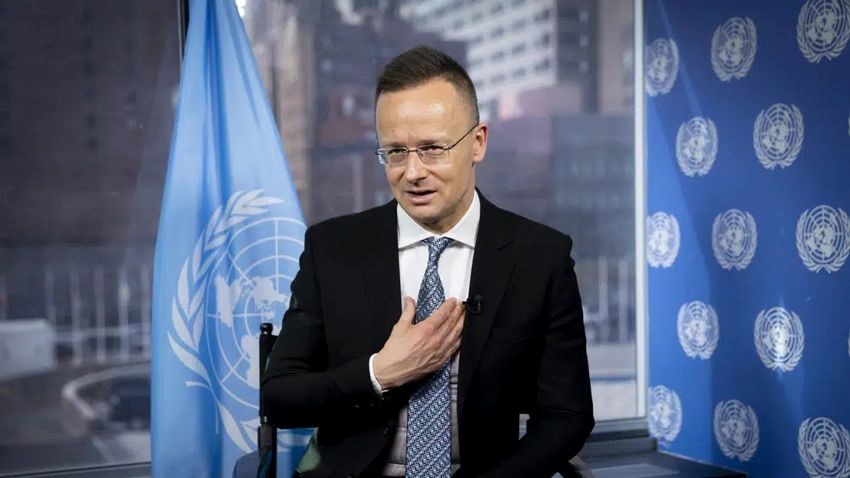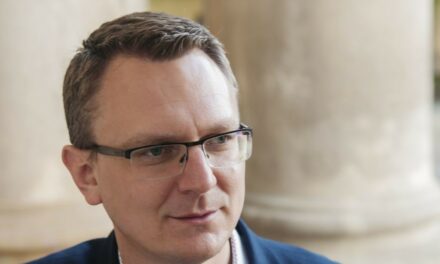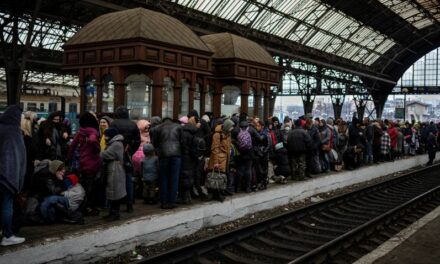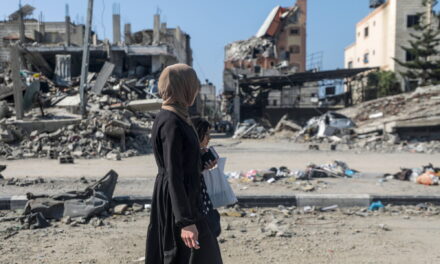Both Hungary and Poland voted no to the European Commission's new dangerous proposal, which, as an extension of the previous decree, will require a 15 percent reduction in the use of natural gas, Minister of Foreign Affairs and Trade Péter Szijjártó announced on Tuesday in Brussels.
According to the announcement of the Ministry of Foreign Affairs and Trade, the head of the ministry reported at the press conference held during the break of the European Union's energy council that instead of involving additional funds or infrastructural developments, the European Commission came up with a proposal that would again require the reduction of natural gas consumption. Last year, despite the Hungarian and Polish protests, such a decree was passed, but the current one is even more dangerous. The previous one was for a winter period, when in addition to industrial, residential use also increases due to heating, so the reduction will be easier than in summer, with lower total consumption.
"If the industry's natural gas consumption has to be artificially reduced, it means that there is a risk of the economy declining. In addition, Brussels is now stealthily taking powers away from the member states again, since energy consumption, the compilation of the national energy mix, and the definition of the structure of the economy fall specifically under national competence, and by requiring the reduction of natural gas consumption, they are practically violating this sovereign right of the member states".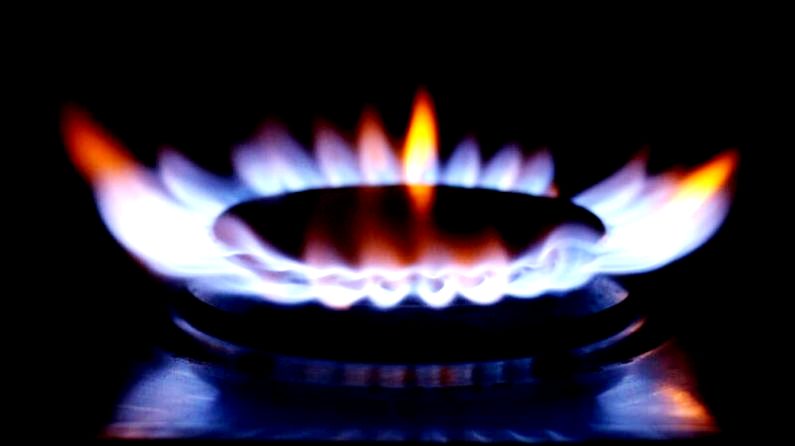
image: HuNglia
Péter Szijjártó highlighted that after the first decision, Poland turned to the European Court of Justice, claiming that a unanimous vote would have been necessary for acceptance, and Hungary also joined the lawsuit.
"We also voted no on this proposal, which unfortunately was supported by everyone except the Poles and us. Therefore, another 15 percent reduction in natural gas was prescribed as an extension of the previous regulation. This, I say again, is extremely dangerous, unreasonable and does not solve the problem".He then added that following this new regulation, the supply in Europe may be further reduced, and the basic principle of economics is that if the quantity of a product decreases in a given market, then its price increases.
"This proposal brings with it the risk of price increases, a threat to security of supply and may cause an economic downturn. Because of all this, Hungary did not vote for this proposal, we continue to clearly take the position that natural gas supply is not a political issue, discriminating against natural gas sources on political grounds is extremely harmful, rather we should help so that the largest amount of natural gas can come to Europe from as many sources as possible." .The minister also touched on the fact that the continent has had a particularly mild winter, and everyone is happy that we have been able to survive the last few months in terms of security of supply, but many experts warn that there is no reason to be optimistic, because there is a real risk of a gas shortage this winter can perform.
Péter Szijjártó also clarified that it is a lie that the government would withdraw from cooperation with the Russian Rosatom in the Paks expansion, and that the increase in the role of the French Framatome refers to the delivery of the control technology system, after its German consortium partner, Siemens Energy, has not yet received an export license for political reasons .
The Minister of Foreign Affairs and Trade stated that there is indeed negative discrimination against nuclear energy, which is clearly shown by the fact that here in Europe, the Paks expansion is "constantly scuttled" and "they try to impose sanctions on nuclear investments, which we regularly defend". The German government continues to block Siemens Energy's participation, and the company has not yet been allowed to deliver the equipment ordered under the contract.
"They are constantly feeding fake news in the international liberal press. Most recently, we read that the Hungarian government would withdraw from cooperation with Rosatom, which is an outright lie. We are committed to the implementation of the contract signed with Rosatom nine years ago. We are committed to Paks II. construction with Rosatom (.) We have no reason to abandon this cooperation".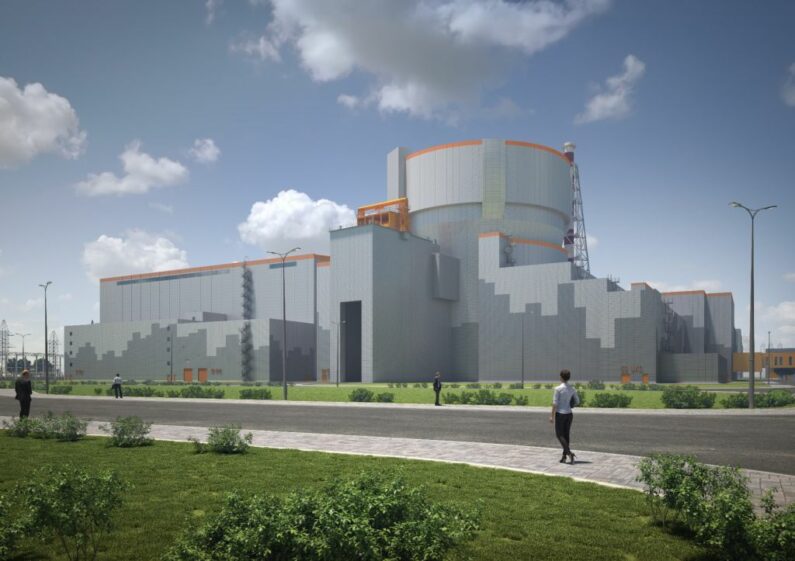
Visual design of Paks II (image: source: Paks II Zrt.)
Péter Szijjártó /…/ also reported that a nuclear coalition was formed within the European Union led by France and with the participation of twelve countries, which met on Tuesday morning. Seven countries are currently planning or already building new nuclear power plants, so a "great nuclear rebirth" can be expected in Europe in the coming years in order to avoid unreasonable and extreme price fluctuations. The parties agreed that
they will work closely together against the artificial, ideology-based negative discrimination against nuclear energy, exemplified by the fact that every single nuclear power-related licensing procedure is "pie-dough-length"."Therefore, we are advocating that the lending conditions be changed so that they can also be used for nuclear investments in a sporting and fair manner. We call for a review of the legal and licensing procedures, based on the now decades of experience that Europe has gained in the use of nuclear energy". And in order to have enough professionals and to have enough capacity, we proposed the development of joint training programs," he added.
Source: MTI
(Credit Image: AP/John Minchillo)

